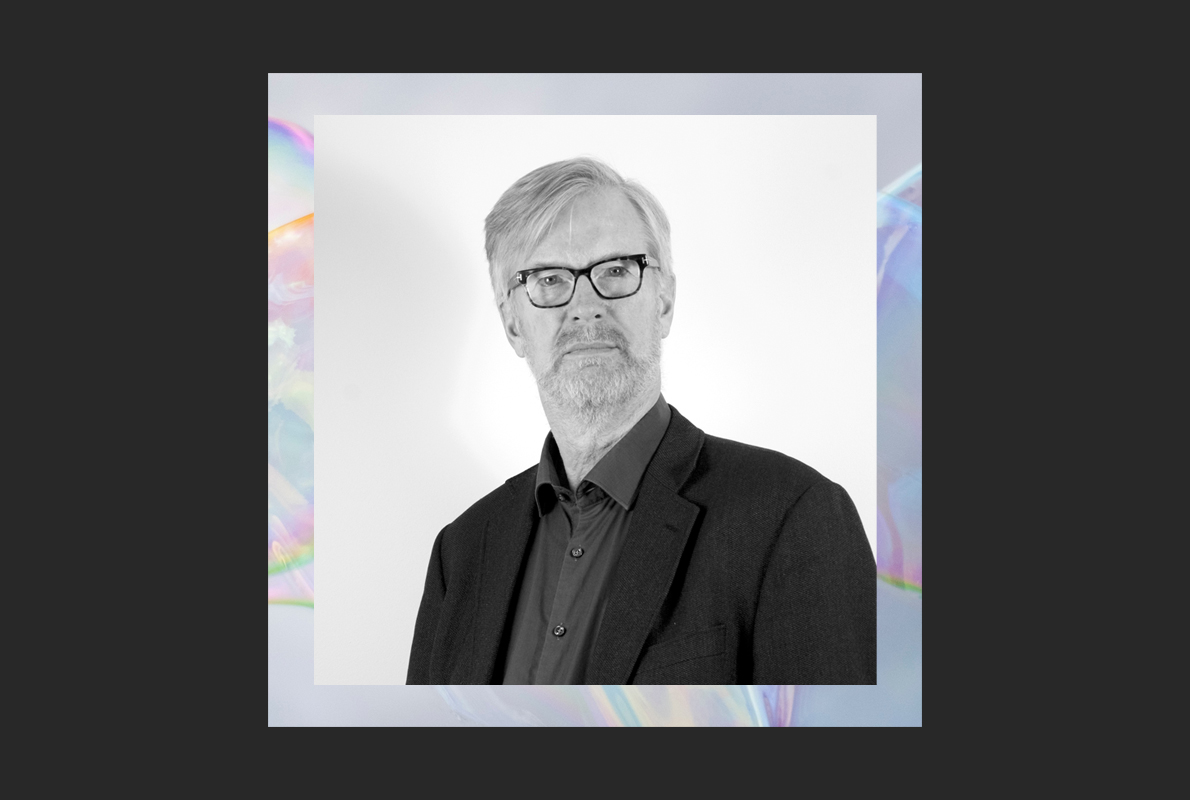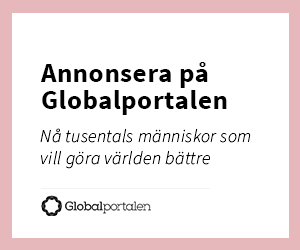The youth-led environmental protest movement is truly inspiring, and impossible to ignore, says Dan Smith, Director of SIPRI. 2022 will be the year when we focus on how the state of the environment affects human development.
Dan Smith is the Director of the Stockholm International Peace Research Institute (SIPRI). He is an analyst on major global issues such as climate change and peacebuilding.
SIPRI is an independent international research institute based in Stockholm, looking at research into conflict, armaments, arms control and disarmament. It is regularly ranked among the most respected think tanks worldwide.

What was the best thing about 2021?
Overall, 2021 was not a good year for human security. However, I think there was a lot to celebrate about COP26. The first thing to celebrate is that it could take place at all in the middle of the pandemic, and that thousands of people could participate.
A second thing is the number of people who took to the streets – in Glasgow and around the world – to remind leaders how much the world cares about climate change and climate justice. In particular, the youth-led environmental protest movement that has grown up since 2018 has been truly inspiring, and impossible to ignore.
And finally, there are the pledges and agreements made in Glasgow. Certainly COP26 didn’t deliver the kind of huge steps forward that are needed to properly get to grips with the climate crisis, but it still delivered much more than this kind of event often does. We just need to keep building on it in the run-up to COP27 in Sharm El-Sheikh.
What did we leave behind in 2021?
I’d love to be able to say we left behind the wave of nationalist populism that has swept the world in the past few years. That wouldn’t be true, but there were at least signs last year that it might have passed its peak. According to the YouGov-Cambridge Globalism Project, support for nationalist populism has been declining around the world. And trust in science is also increasing, according to the Wellcome Trust.
Of course nationalist populism and distrust of science have not gone away. They still have a disproportionate impact on government policy and on the health and well-being of all of us. But there is cause for optimism.
"Support for nationalist populism has been declining around the world"
What do you look forward to in 2022?
One thing I am really looking forward to is the Stockholm+50 conference in June. The first Stockholm Conference – the UN Conference on the Human Environment in 1972 – was the first time that the world’s leaders came together to talk about how the state of the environment affects human development, health and well-being. It also highlighted the environmental costs of unsustainable economic development.
There has been a lot of positive progress since 1972. However, far too many of the problems that were discussed there have got much, much worse. Stockholm+50 is a chance for world leaders—and for all of us—to take stock of the situation we find ourselves in today, to examine some of the very difficult socio-environmental challenges we face, and to commit to collective action to address them.
As part of that stocktaking, SIPRI is preparing a report called Environment of Peace, which looks at how the multi-faceted environmental emergency we are living through impacts human security around the world, and how to improve the prospects for peace. We are lucky enough to have an impressive international panel guiding the research, chaired by Margot Wallström.
I look forward to being able to bring our findings and recommendations to Stockholm+50.
What New Year’s resolutions should we all have in 2022?
Keep yourself informed! Follow the science, the facts, the evidence. Don’t be led astray by fake news.
Keep yourself informed!
What’s your advice to young people who wants to start an international carrier in 2022?
I would say “be prepared to work across disciplines”. Find out what’s happening in other areas of knowledge and think about how it intersects with yours. Be curious. The world is becoming more and more interconnected, and narrow specialization no longer works so well.
Think about Covid-19. To the best of our knowledge, it has its origins in deforestation in a remote corner of China—which would traditionally be seen as an environmental issue, which quickly became a global public health issue. Since then it has sent shock waves through the worlds of trade, employment, culture, industrial production, diplomacy, national and international politics, civil rights and more.
We will only be able to address the complex problems of tomorrow by thinking and working across the traditional sectors.
So be prepared.
